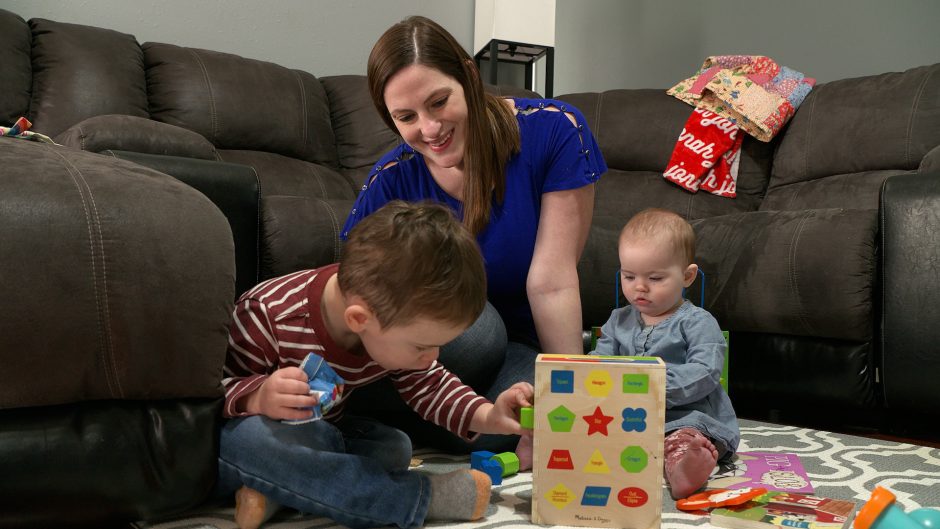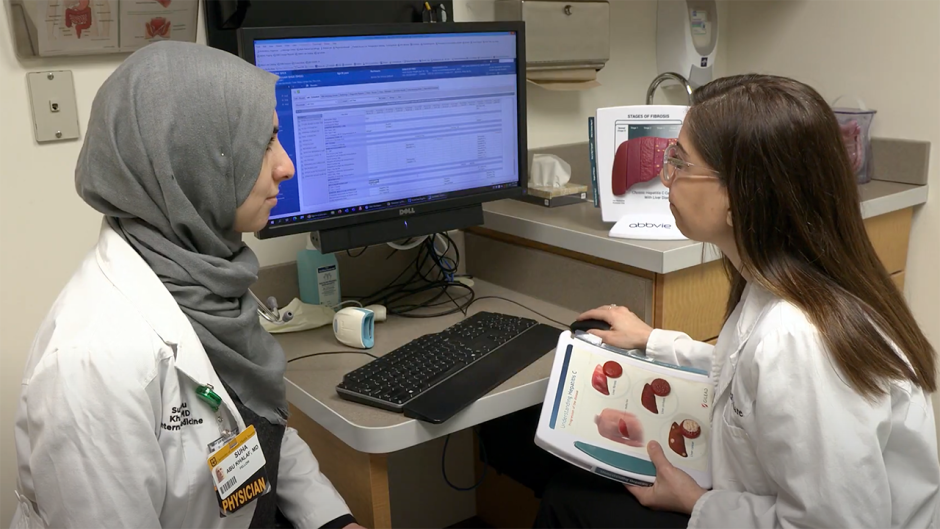Jan. 21, 2022
Transcript
Brian Consiglio: The COVID-19 pandemic forced many medical providers to quickly change the way they offered services, and nursing homes were no exception. To keep residents safe and reduce stress on the healthcare system, nursing homes adopted widespread use of telehealth.
Now, a new study at the University of Missouri analyzed the effects of telehealth services in nursing homes. Assistant professor of nursing, Kimberly Powell, interviewed clinicians and administrators from nursing homes to better understand the benefits and challenges of telehealth services.
Powell: “Some of the positive things that we weren’t quite expecting were things like improved communications. When nursing home residents were doing telehealth visits, a nurse from the facility was able to be present and better understand the plan of care.”
Consiglio: Though telehealth services proved to often be effective and convenient, the study also revealed some of the challenges in administering this type of care, including increased social isolation.
Powell: “For many nursing home residents, going to a doctor’s office visit is their opportunity to leave the facility, to get some fresh air, and to interact with other members of the community, and when you take that opportunity away, that can worsen social isolation, which is a major problem for nursing home residents already.”
Consiglio: Rather than viewing telehealth as a ‘one-size-fits-all’ solution, the findings can be useful to tailor telehealth services for the patients who need it most.
For more on this research, visit showme.missouri.edu.
I’m Brian Consiglio, with a Spotlight on Mizzou.




